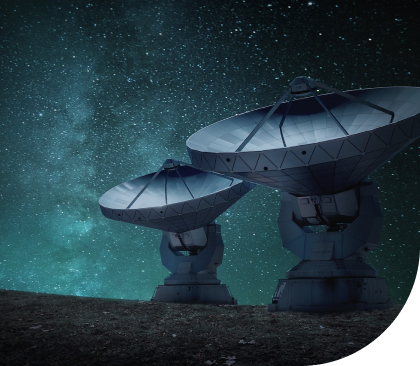
National programmes
NCEO is part of pioneering research initiatives to address critical environmental challenges and support sustainable development.
Our programmes leverage advanced technologies and collaborative partnerships to drive innovations in climate science, agriculture, and environmental management. These projects unite leading experts, researchers, and stakeholders to deliver impactful solutions and valuable data for understanding and managing Earth’s dynamic systems.

Explore our initiatives to see how NCEO is making a difference:





Our Research

The National Centre for Earth Observation (NCEO) harnesses satellite, airborne, and ground-based data to study our planet’s dynamic systems.
As the UK’s dedicated NERC centre for Earth observation (EO) science, we analyse atmospheric composition, carbon cycles, land-atmosphere interactions, and climate change. With involvement in over 20 multinational satellite missions, NCEO plays a vital role in advancing EO science for global monitoring and operational services.


